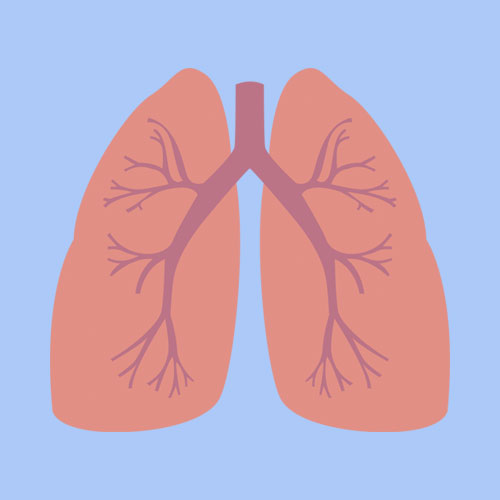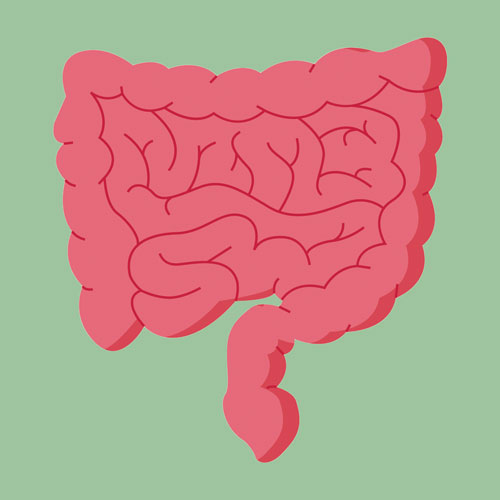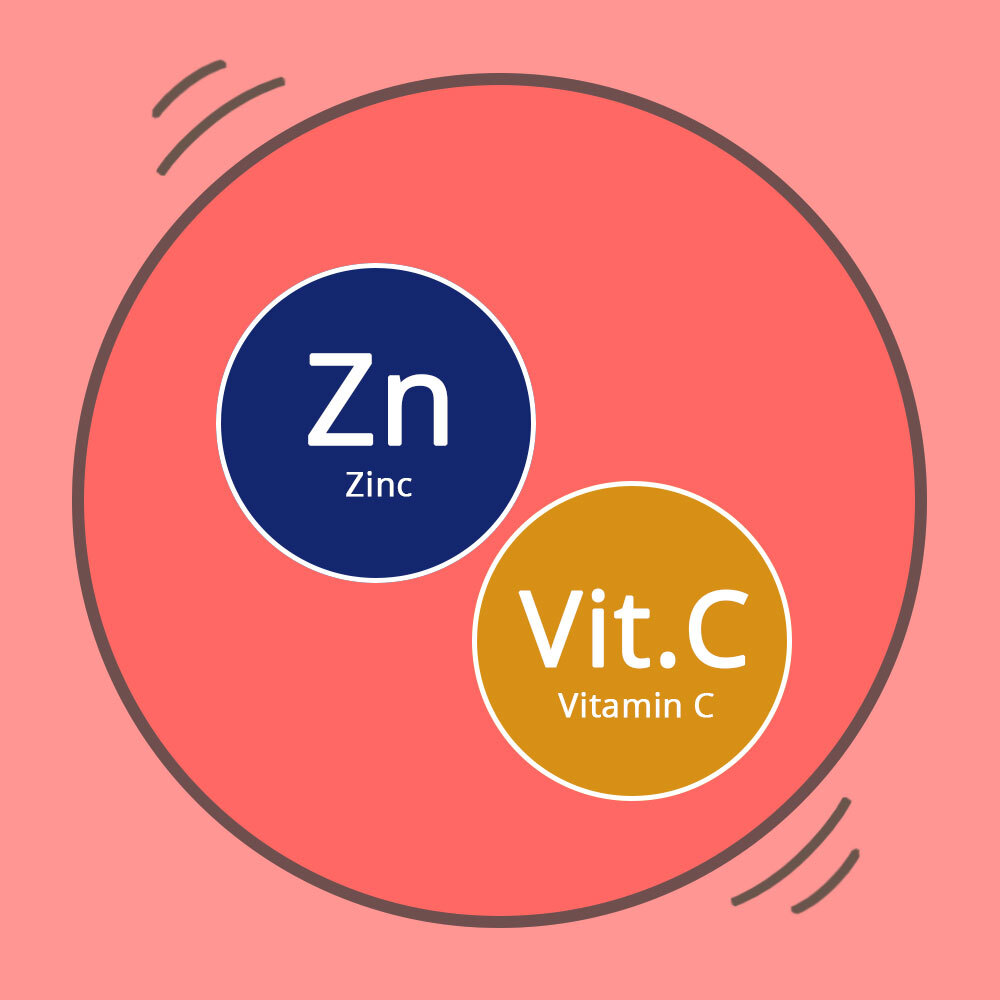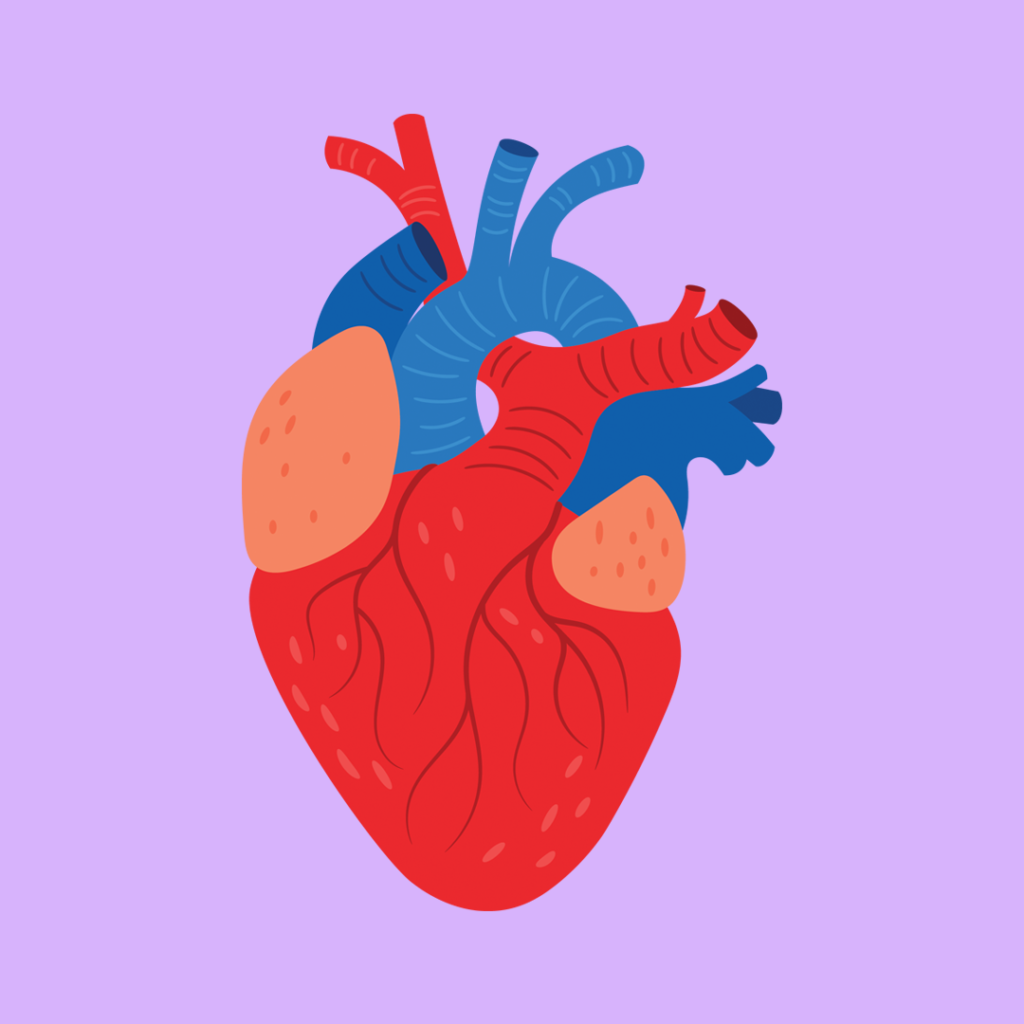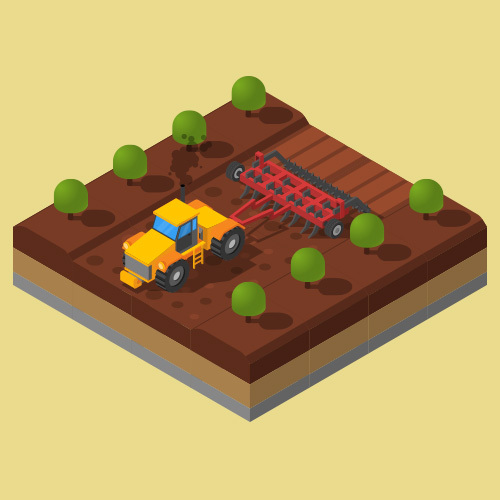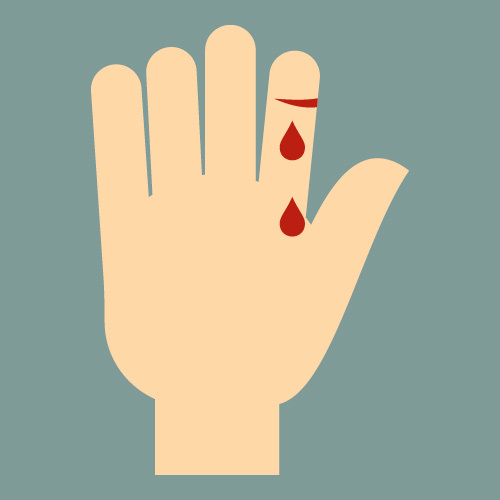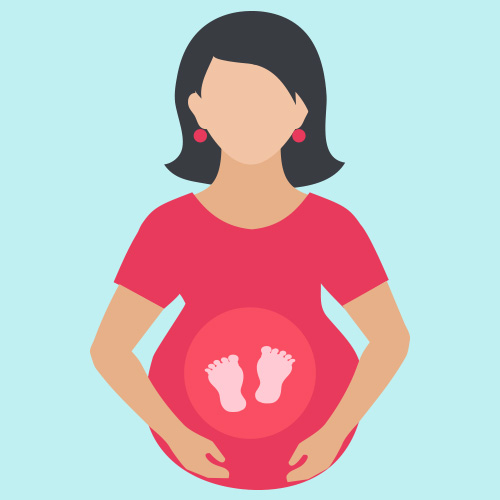Zinc and iron deficiency
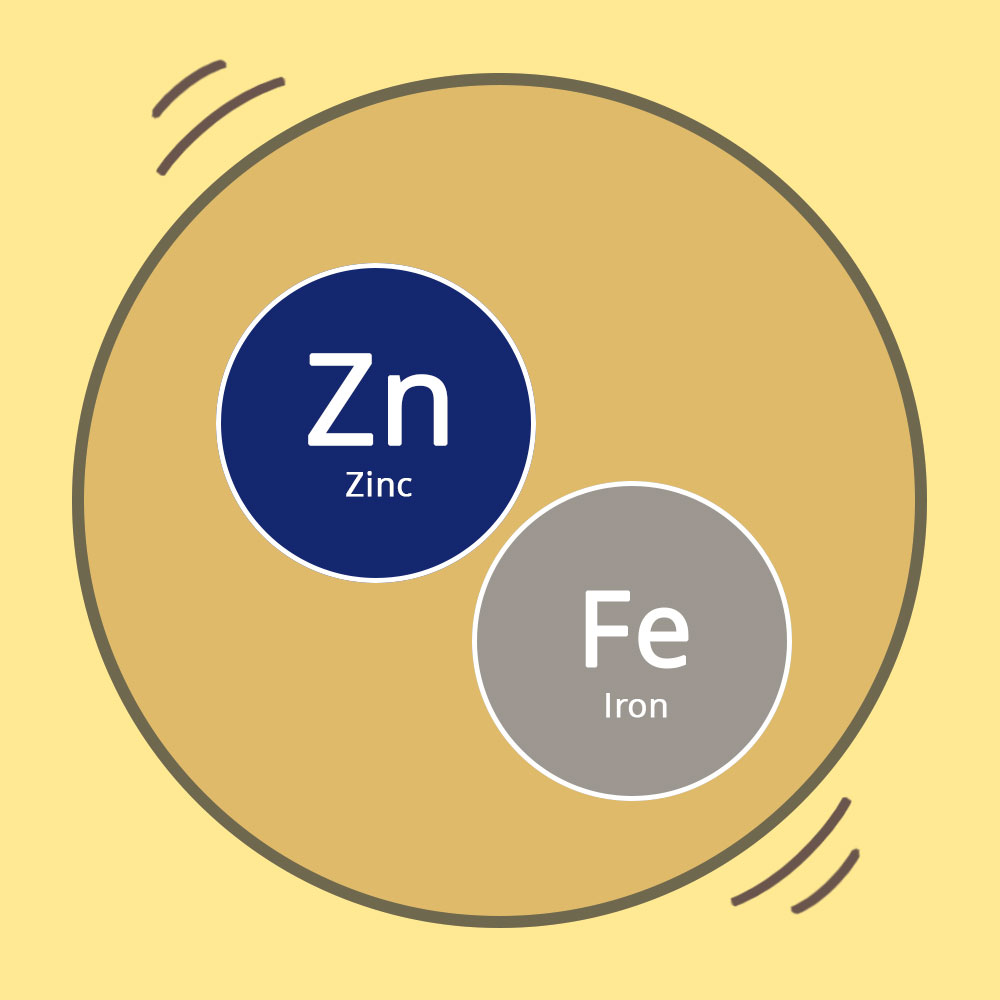
Questions answered in this article:
We need many different types of micronutrients for our overall health, and zinc and iron are two of them. While iron helps transport oxygen to our tissues and organs, zinc plays a major role in creating and repairing DNA, wound healing, supporting the immune system and more. And these two minerals share an interesting relationship: each plays a significant role in regulating the other’s homeostasis in the body.
Read on to learn more about this symbiotic connection.
The relationship between zinc & iron
If you’re finding that your diet is not providing you with sufficient levels of zinc and iron, turning to supplements can be helpful. But you may want to steer clear of taking these supplements together.
Why? Well, supplementing with iron can have a negative impact on zinc absorption, particularly if iron is taken with a meal. This is because both of these nutrients compete during intestinal absorption. As a result, when they are taken together and digested by the body, studies suggest that an excessive amount of iron can deplete zinc levels. Not enough zinc in your system can lead to a loss of appetite, lowered immune response, and hair loss.
How does zinc regulate iron in the body?
Zinc is a key modulator for iron absorption in the intestine, and for the distribution of iron around the body. Zinc deficiency has been shown to reduce iron’s absorption in the intestinal tract, as well as to trigger the accumulation of iron in your tissues (that is, iron overload). This underscores zinc’s role in mobilizing iron and making sure it gets to the right places in the body.
Another key point to highlight is that while iron is a pro-oxidant, meaning it can encourage oxidative stress, zinc is an antioxidant—the antidote to oxidative stress. Zinc is needed to keep iron in check and to maintain appropriate redox balance (that is, your body’s ability to prevent oxidative damage).
Additionally, cross-sectional studies have shown a positive association between serum zinc levels and markers of iron status, such as hemoglobin (the protein in red blood cells that carries oxygen throughout the body). This means that not getting enough zinc in your diet can lead to iron deficiency anemia, where you don’t have enough healthy red blood cells.
What is iron deficiency?
Iron definicieny is one of the most common nutrient deficiencies. Typically, children, individuals who menstruate, and those who are pregnant are more prone to being deficient in iron. This is because their bodies tend to require higher levels of iron.
Common symptoms of iron deficieny can include:
- Unusual fatigue or tiredness
- Pale skin
- Shortness of breath while doing daily tasks
- Experiencing frequent headaches and dizziness
- Thinning or hair or an increase in hair loss
If you start to notice any of these signs, your body may be in need of more iron.
How do zinc and iron compete for absorption?
While the particular mechanism remains somewhat elusive, researchers have identified that iron and zinc, which have similar chemical properties, compete for absorption at specific transport protein sites in the intestine. (Transport proteins are responsible for ferrying substances across the intestinal wall.)
This competition tends to happen in people who have been supplementing with iron in doses that are two or three times higher than zinc.
The inverse has also been seen, where high doses of zinc reduce the absorption of iron—but again, only in the case of zinc supplementation, not in dietary sources of zinc.
So if you need to supplement both nutrients, it’s best to think of them as fighting siblings that need to be separated. In other words, try to avoid taking zinc and iron supplements together. Taking them at least 2 hours apart can help make sure you’re benefiting from each nutrient individually.
Zinc and iron are two of the most important nutrients our bodies need. Making sure we’ve got healthy levels of both can help bring us closer to improving our overall well-being. Remember to space out your zinc and iron supplements for the best absorption!

